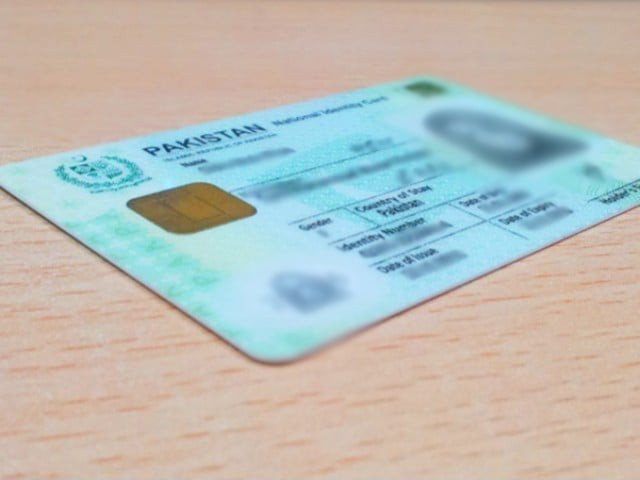NADRA issues new guidelines for CNIC issuance
New steps aim to reduce fraud and improve document safety at NADRA centres.

The National Database and Registration Authority (NADRA) has introduced new operational guidelines for citizens seeking Computerised National Identity Cards (CNICs) and other official documents, aiming to enhance data security and streamline its services.
According to a recent announcement, citizens visiting NADRA centres must carry original documents only, as photocopies will no longer be required for routine procedures, including B-Forms and registration certificates.
The authority has also clarified that using another person’s CNIC as a reference or guarantee holds no legal status.
The move is part of NADRA's broader efforts to combat identity fraud and improve transparency in its processes. Clear signage displaying the updated procedures has already been installed at all NADRA centres across the country.
In a separate public safety advisory issued by NADRA, the authority warned citizens to avoid unnecessary photocopying of CNICs. The advisory highlighted growing concerns about fraudulent schemes where criminals impersonate officials and attempt to collect personal data—such as CNIC numbers and fingerprints—by offering fake prizes, financial rewards, or incentives.
NADRA stressed that handing over your CNIC as a guarantee or for unauthorised services could lead to identity theft, including financial fraud and illegal registrations.
In recent years, there has been a surge in reported cases of individuals falling victim to such scams, prompting NADRA to act swiftly with preventive measures and public education efforts.
Citizens have been advised to:
-
Bring only original documents when visiting NADRA offices.
-
Avoid carrying or submitting CNIC photocopies, unless legally mandated.
-
Never share CNICs, fingerprints, or other personal information in informal settings.
-
Report any suspicious activity to NADRA or law enforcement authorities.
This policy shift also aims to reduce paperwork, increase operational efficiency, and protect citizens’ personal data amid rising digital security challenges.

























COMMENTS (94)
Comments are moderated and generally will be posted if they are on-topic and not abusive.
For more information, please see our Comments FAQ